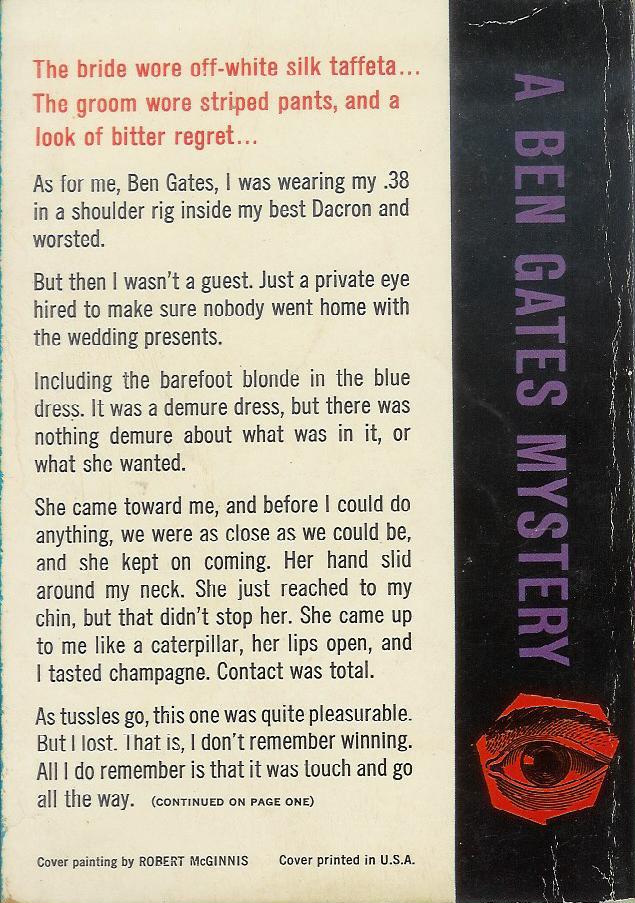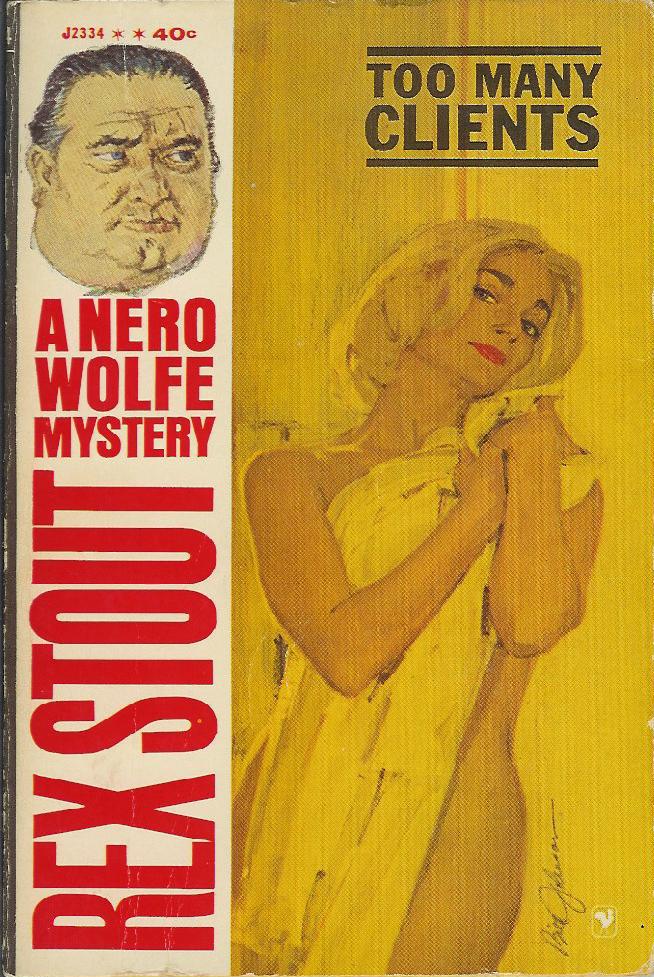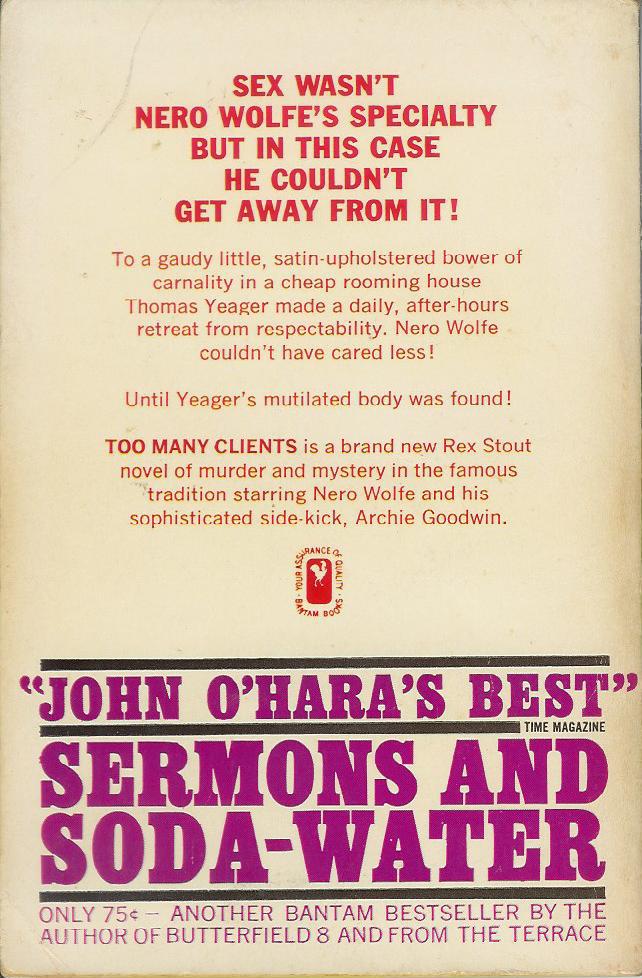DocTurtle’s Review of Georgette Heyer’s
An infamous armyPart 4: Chapters 14 through 19May it please
the Bitchery to know that immediately after writing my previous post for SB Sarah and
JaBBIC, I sat down to read the next chapters of Heyer’s novel and found chapters 14 and 15 to be positively delightful, by far the strongest so far. The first of this pair was genuinely hilarious, betraying hints of an almost farcical humor, perhaps not unlike that underlying Heyer’s other works the
SBTB commenters are always talking about. The second of these chapters sees the maturing of Heyer’s subtly exquisite characterization of her two lead characters, which characterization has gone on for the whole length of the novel nearly unremarkably but which is now brought starkly to the fore in a heated exchange between Lady Barbara and Colonel Audley.
The remaining chapters in this review see the coming of war (finally!) and a good deal more action than the rest of the novel put together so far. It’s not so bad, but it took almost three hundred pages to get this far.
Let’s have a closer look, shall we?
Chapter 14. Ha!The Ladies Barbara Childe and Harriet Taverner are at war. After Harriet’s public snubbing of Bab in the previous chapter, the two have another encounter at a party thrown by the Duchess of Richmond. Harriet remarks slyly to her husband on Bab’s outfit: “Perry, let me remove into the salon: I find this place a little too
hot for me.”
Unperturbed, Peregrine replies, densely: “In a minute! I must say how do you do to Lady Bab first.” “Dude, you’re an idiot,” read my marginalia at this point, as Peregrine and Harriet part company for a bit. A page later I’ve scribbled “understatement of the century” as Heyer remarks that Perry Taverner is “never remarkable for his perception.”
A page later Judith Worth is consoling and counseling a heartbroken Harriet; Harriet declares “I hope I never set eyes on either of them again, and if Perry means to dine at home I shall lock myself in my room, and go home to Mama!”
“You might if you were silly enough, perform one of those actions,” says Judith reasonably, “but I do not see how you can accomplish both.” Delightful!
Unfazed by his wife’s state of utter discombobulation, Perry does not in fact dine at home but after a brief stop to change clothes, total idiot that he is, he’s off to dine with Bab. It will fall (in Chapter 15) on Charles Audley himself to smack some sense into Peregrine’s thick skull, but not before he and a few fellow staff officers take time off to mock a young colleague’s braggadocio.
This chapter’s wry, sly, and authentically funny in the respectfully derisive manner of Wilde or Wodehouse, Trollope, or Austen. Good stuff!
Chapter 15. Sweet sorrowFor an encore, Heyer produces a gallery of rich character portraits: Perry is shown as a little whipped pup, Barbara as a fearful widow who clings tightly to the freedoms her widowhood affords her, and Charles as a stoical love-smitten soldier who struggles to hold his composure while his true love slips away.
Charles gets the truth from Judith before calling on the Taverners. To Harriet: “I am going to have a talk with him, and I think you will find him only too ready to take you home.” Shortly thereafter he drops in on Peregrine and dresses him down.
“I am aware how my conduct must strike you,” Peregrine stiff-upper-lips. Honor must be served: “if you want satisfaction, of course I am ready to meet you.” Charles is delightfully remonstrative: “Don’t talk to me in that nonsensical fashion! Do you imagine that you’re a rival of mine?...You are merely an unconditioned cub in need of kicking, and the only satisfaction I could enjoy would be to have you under me for just one month!”
Oh, snap!
Two and a half pages later, Peregrine begins his plans to take his family back to Britain, and Charles returns to the Worths’ for a night of moody introspection.
The next evening finds him at a ball at Sir Charles Stuart’s. Things begin reasonably amicably, but as Bab and Charles share their first waltz on the dance floor, he tells her how he sent Perry packing. “I am charged with a message from Peregrine,” he tells her, “his apologies for not being able to take his leave of you in person.”
“It is your doing, in fact! Insufferable! My God, I could hit you!”
The two hasten to an empty adjoining parlor and commence the novel’s most passionate intercourse yet. Ever fearful of boredom, Bab banishes banality by living life out loud and worries that a new marriage will steal that life away from her as her first marriage did. Meanwhile Charles’s investment of emotion has crashed at his feet, cut to the quick by the woman he’s loved since his first sight of her.
Ouch. Life goes on, somehow. Life goes on.
Chapter 16. Separation and strifeAs a dark storm of battle looms, the Prussian officers arrive to conference with their Anglo-Allied counterparts. But as yet the action is still primarily of the emotional sort. Charles now throws himself back into his duties while Barbara runs back to M. le Comte, as Colonel Fremantle calls him, “that Belgian fellow—what’s his name? Bylandt’s brigade: all teeth and eyes and black whiskers.”
Harry Alastair takes his older sister to task:
“The nicest fellow that was ever in love with you, and you jilt him for a damned frog!”
“If you mean Lavisse, he is a Belgian, and not a Frenchman, and I did not jilt Charles Audley. He was perfectly ready to let me go, you know,” replied Barbara candidly. (p. 277)
Will the coming war tear them apart once and for all?
Chapter 17. The storm breaksIt is the evening of June 15th, 1815. At last Bonaparte has crossed into Belgium. While the Duke had expected him to come from the west through the region of Mons, Boney has striven to split the Duke’s army and Blücher’s by coming in by Charleroi and points east. The advance has taken the army somewhat by surprise, word coming of Napoleon’s attacks as half of Brussels is engaged at a ball at the Duchess of Richmond’s house.
The Duke retains his composure and dispatches order after order to his generals before making an appearance at the ball, where the oncoming battle is the talk of the town (that and Lady Barbara’s couture: “who but Bab Childe would have the audacity to wear a gown like a bridal robe at a ball?”). The air is purely martial, and the assembled nobles are entertained by a demonstration by the 42nd Royal Highlanders and the 92nd Foot soldiery, whose pomp and circumstance steels the resolve of all.
All save Barbara, perhaps. Her cool is no longer cool:
“He is in Brussels? Yes, yes, he is still in Brussels! Tell me, confound you, tell me!”
There was a white agony in her face, but Judith was unmoved by it. She said: “He is not in Brussels, nor will he return. I wish you goodnight, Lady Barbara.” (p. 300)
Suddenly this is a much more interesting book. How long will that last?
Chapter 18. Making up is hard to doJune 16th now. In an interesting turn of events, Bab finds herself alone at home, the Vidals having left for England. She calls on Lord and Lady Worth, hoping the former might stable her horses to ensue they don’t get stolen in others’ mad rush to leave the city. “It will not do,” Worth tells Bab, “If you mean to remain in Brussels, you must stay here.”
And so Bab moves in, and at once she and Judith settle the old scores standing between them. As Judith scolds Barbara for her horrid behavior, Bab admits her ill treatment of Charles: “Everything of the most damnable on my part!” On the even of a conflict larger than their own, Judith and Barbara begin to make up.
Meanwhile the thunder of cannon can be heard in the south. In fits and starts further word of battle reaches the anxious town. Worth reports what he’s heard at their friend Creevey’s: “Young Hay has gone, too; but I heard of no one else whom we know.” At once Barbara is terrified for her brother Harry’s sake, as Harry was on staff with Hay’s colleague Maitland. There’s little word of Charles.
It was at this point that I realized that this book could be the basis for a wonderful tragic opera.
Chapter 19. Sisters of mercyThat evening passes quickly, and June 17th dawns on a scene of chaos: yet more citizens are fleeing, and those that remain brace for the arrival of the war’s first wounded. Once the casualties begin to come, Bab and Judith find themselves up to their elbows in blood and gauze and broken bones. They bond closely over their humanitarian efforts, and by the end of the chapter Judith brings herself to defend Bab while getting in a subtle dig on her erstwhile favorite Lucy Devenish (who had recoiled at the thought of helping the wounded):
Mr Fisher said: “Well, I am sure you are a pair of heroines, no less! But I wonder his lordship would permit it, I do indeed! A lady’s delicate sensibilities—”
“This is not a time for thinking of one’s sensibilities,” Judith interrupted. “But will you not be seated? I am glad to see you have not fled the town, like some of our compatriots.”
But is there more between Charles and Lucy than we’re yet to know? Lucy hints as much after asking of Charles: “You must wonder at my asking you, but there are circumstances which—”
Hmmmm...
I apologize to fans of my snark that there’s been precious little of it in this particular post. It’s just that, well, the book is suddenly pretty good: wry humor, good characterization, and real action combine to make the book a lot better than it was as recently as...oh...twenty pages back. Maybe it’ll change, we’ll see.


.jpg)














